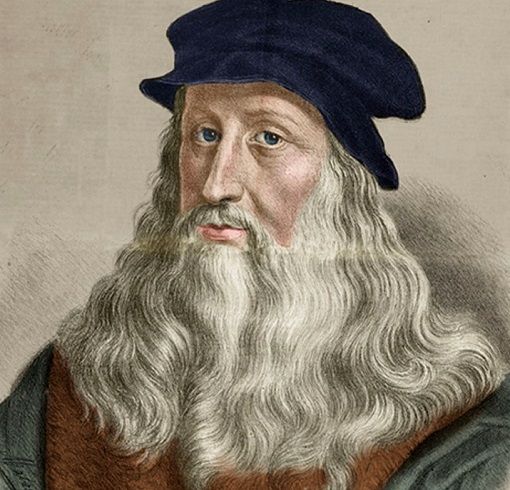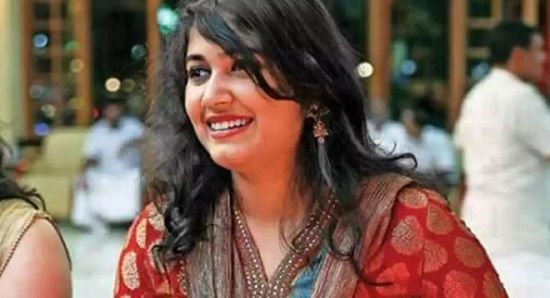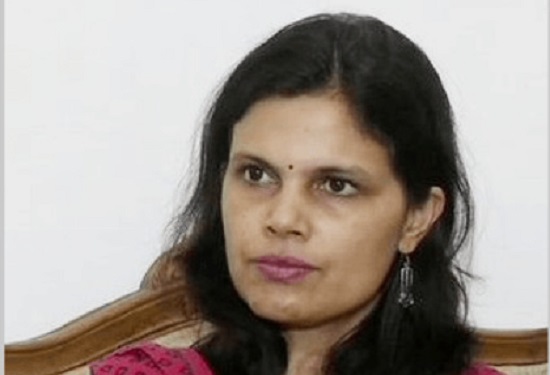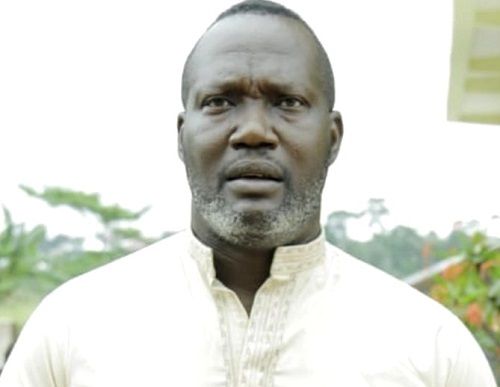Quick Trivia |
|
|---|---|
| Real Name | Leonardo di ser Piero da Vinci |
| Professional Name | Leonardo da Vinci |
| Occupation | Italian Polymath |
| Famously Known as | Polymath of the Renaissance |
| Birthday | 14/15 April 1452 |
| Zodiac Sign | Taurus |
| Birthplace | Tuscan Hill Town, Vinci, Florence Republic |
| Day of Birth | Monday |
| Nationality | Italian |
| Ethnicity | Italian |
| Religion | Christian |
| Gender | Male |
| Gay or Lesbian | No |
| Sexuality | Straight |
Family |
|
| Parents | Father: Piero da Vinci Mother: Caterina |
| Siblings | 12 |
Body Statistics & More |
|
| Height | Feet & Inches: 5' 8". Centimeters: 176 cm. Meters: 1.76 m. |
| Weight | Kilograms: 75 Kg. Pounds: 165 lbs. |
| Hair Color | White |
| Eye Color | Black |
Personal Life |
|
| Wedding Details | Not Known |
| Spouse/Wife | Not Known |
Education |
|
| School | Did not do formal studies |
| Instructor | Andrea del Verrocchio ( An Italian Painter & Sculptor) |
Demise |
|
| Death | 2 May 1519 ( age 67) |
Known For: |
|
| Works | The Last Supper Lady with an Ermine Mona Lisa Salvator Mundi The Vitruvian Man Virgin of the Rocks |
| Periods | High Renaissance Italian Renaissance Florentine Painting Early Renaissance |
Interests |
|
| Fields | Drawing Painting Sculpture Architecture Science Music Mathematics Engineering Literature Anatomy Geology Astronomy Botany Paleontology |
Some Lesser Known Facts about Leonardo da Vinci
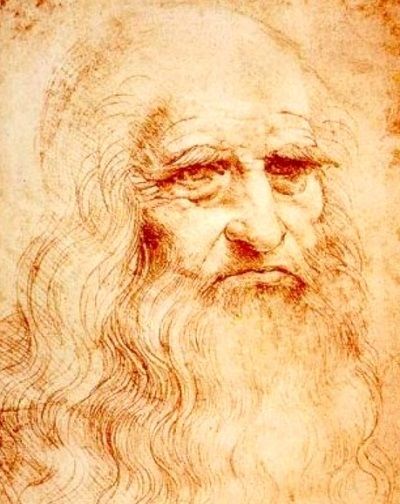
- Leonardo was an Italian polymath, one of the most talented human beings.
- He was born in 1452 to a fifth-generation notary and an unmarried peasant girl. In other words, at the time of his birth, his parents were unmarried.
- His contemporary was Michelangelo, who once taunted da Vinci for his inability to finish his paintings.
- As per the available records, Leonardo da Vinci stands tall at a height of 5 ft 8 in (176 cm), and his weight is calculated at 75 Kg (165 pounds).
- His special talents set him apart from others.
- It is said that Leonardo had no surname as “da Vinci” simply means “of Vinci”. It is a small village in the Italian region of Tuscany.
- He lived with his mother until he turned five.
- Afterward, he moved into his father’s home. His father had married another woman. He was more close to his father and loved him a lot.
- Unlike other artists, he never received any sort of formal education.
- However, he received instruction at home in subjects such as mathematics, reading and writing.
- In Verrocchio’s workshop, he learned a wide range of technical skills including drawing, painting, metalwork, carpentry, and sculpting.
- His beloved father admired his artistic talent and inclinations.
- According to his belief, music is closely related to the visual arts.
- The admired painter was also accepted into the painters’ guild of Florence in the 1470s.
- When Leonardo was 15, his father apprenticed him to the well-known sculptor and painter Andrea del Verrocchio.
- At the outset of his career, his interest could be seen in the technical field such as the paintings of military weapons and several kinds of mechanical apparatus.
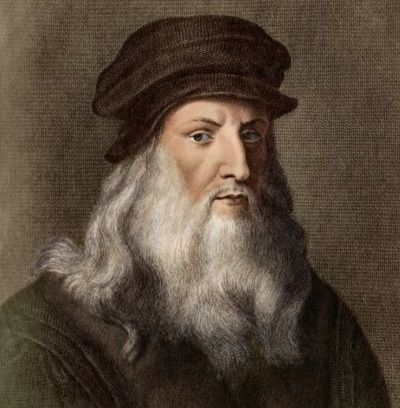
Leonardo da Vinci’s physical statistics
- He was registered as the painter and engineer of the duke in Milan. In the same region, he completed six works in the time frame of 17 years.
- For roughly ten years, da Vinci polished his painting and sculpting skills.
- During his childhood, he spent much of his time outdoors.
- His notebooks showcase a zeal of scientific temper and a mechanical inventiveness, much ahead of the time.
- In almost every realm where graphic representation could be used, da Vinci applied his creativity, giving him unique fame.
- He also played the flute as well as the lyre. He often performed at gatherings of the nobility.
- Sometimes, he also used to play the role of a technical adviser in the fields of architecture and defense matters.
- He also once served as a hydraulic and mechanical engineer.
- You will be startled to know that Leonardo had to face a court case, along with his companions, on the charges of sodomy. Later, he was acquitted and disappeared for around twenty-four months.
- His journals reveal that he had a keen interest in the water’s physical and chemical properties.
- In the 1480s, he started his first commissioned work, The Adoration of the Magi.
- However, it remained unfinished as Leonardo relocated to Milan.
- He also wrote of his respect for animals, the beautiful natural creatures. Reportedly, he used to cage the birds deliberately to set them free.
- The “Virgin of the Rocks” represents his paintings at its purest.
- In this contemporary era, he is best known for his two famous paintings, The Last Supper and Monalisa.
- The ‘Mona Lisa’, an oil painting, is regarded as the Italian Renaissance’s archetypal masterpiece. It is considered as one of the most valuable paintings in the world. It has been housed in Paris since 1804.
- This painting represents a seated woman in the background of an imaginary hazy landscape.
- It is believed that the ‘sfumato’ technique was used by Leonardo for creating this masterpiece. As it is manifest in the Mona Lisa’s softly-defined facial features and blurred background.
- While the “Last Supper” was painted by him between 1495 and 1498. Its height is approximately 4.60 meters, while the width is roughly 8.80 meters. This artwork is housed in Milan, Italy permanently. This beloved painting depicts Jesus’ last meal with his disciples.
- Apart from being a famous painter, he was an accomplished musician also.
- Unlike his contemporaries, he made no great efforts to get his work published.
- Owing to having in-depth knowledge in the sphere of architecture, da Vinci was appointed an architectural expert on a committee. The committee was set up to investigate the damages to the structure and foundation of a church.
- He was believed to be ambidextrous because he could draw forward and backward with his opposing hands simultaneously. Most of the work was written by him from right to left.
- According to some records, he used to write in mirror script, reversing his handwriting. In other words, his work would only be readable if the page was held up to a mirror.
- After his death, he left behind over 6,000 journal pages that were filled with his musings, jokes, and grocery lists.
- To widen his anatomical knowledge, he did dissections in a hospital. Such interests led him to achieve new dimensions in the same field in collaboration with Marcantonio Della Torre, a famous anatomist.
- Accompanied by his students (Melzi and Salai) as well as by two studio workers, he went to Rome to find a job there.
- Bill Gates acquired the ‘Codex Leicester’, Leonardo’s manuscript, at an auction for $30.8 million in 1994. This includes da Vinci’s scientific observation and discoveries.
- His burial took place nearby the Saint-Florentin palace church.
- Owing to the French Revolution, the church was almost obliterated.

